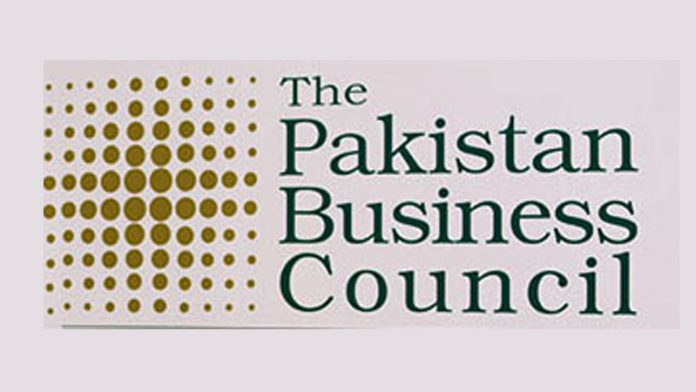Pakistan Business Council (PBC) has urged the government to take necessary action for the resumption of the International Monetary Fund’s loan facility, saying it is the only way to deal with the current economic challenges.
“All roads to restoring economic stability lead through the IMF,” said the PBC in a string of tweets. “Without revival of the programme, no further help from friendly countries is likely.”
The council noted the deposits placed in the State Bank of Pakistan (SBP) by other nations to strengthen Pakistan’s foreign exchange reserves are vulnerable to withdrawal. “The government is caught between a rock and a hard place,” it continued. “The right thing to do is to replace the general with a targeted subsidy for fuel. The government must find ways to limit consumption and import of fuel to preserve the dwindling FX reserves to buy wheat and edible oil.”
The council maintained that Pakistan stood at a crucial economic juncture in its history, adding inaction would entail serious consequences and give rise to a similar financial situation as in Sri Lanka. It pointed out that higher inflation was even “inevitable with subsidies, given the direction of the rupee.”
“Unless the SBP takes a differentiated approach to cost-push inflation, a higher policy rate will further impact the formal sector and raise the cost of borrowing for the government,” it said. “Fiscal prudence should be given a chance to match the monetary tightening already in place.”
“Time will tell if the government has the courage and stamina to do the right thing,” the Pakistan Business Council said in its statement. “In the meantime, it would be wise to brace for further economic turbulence.”
A Pakistani delegation is already prepared to hold talks with IMF officials in Doha on Wednesday, though it is not clear if the two sides will be able to make a headway after the government decided to keep the petroleum prices unchanged despite a rising import bill.
Last month, Finance Minister Miftah Ismail held meetings with IMF and World Bank officials in Washington and principally agreed to end fuel and power subsidies. He also urged the IMF to extend the duration and size of the loan program to another $2 billion for about a year. However, some senior leaders of the government were reluctant to pay the political cost of the economic arrangement.




